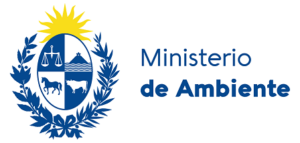The Basel Convention is the global agreement on the transboundary control and disposal of wastes hazardous to health and the environment. Since its entry into force in 1992, the Convention has been responsible for defining which wastes are considered hazardous, while allowing signatory countries to add to this list other wastes considered hazardous by national legislation.
The Convention has 175 Parties and its objective is to protect human health and the environment against adverse effects arising from the generation, management, transboundary movements and disposal of hazardous and other wastes.
Activity report
ACTIVITY REPORT (In development)
Reports of previous activities
Links of interest
Basel Convention website
It contains documents and information used by the Parties to the Basel Convention and other interested parties.
Training Modules
The online training modules are short courses of one to three hours on key topics for the implementation of the Basel, Rotterdam and Stockholm Conventions.


